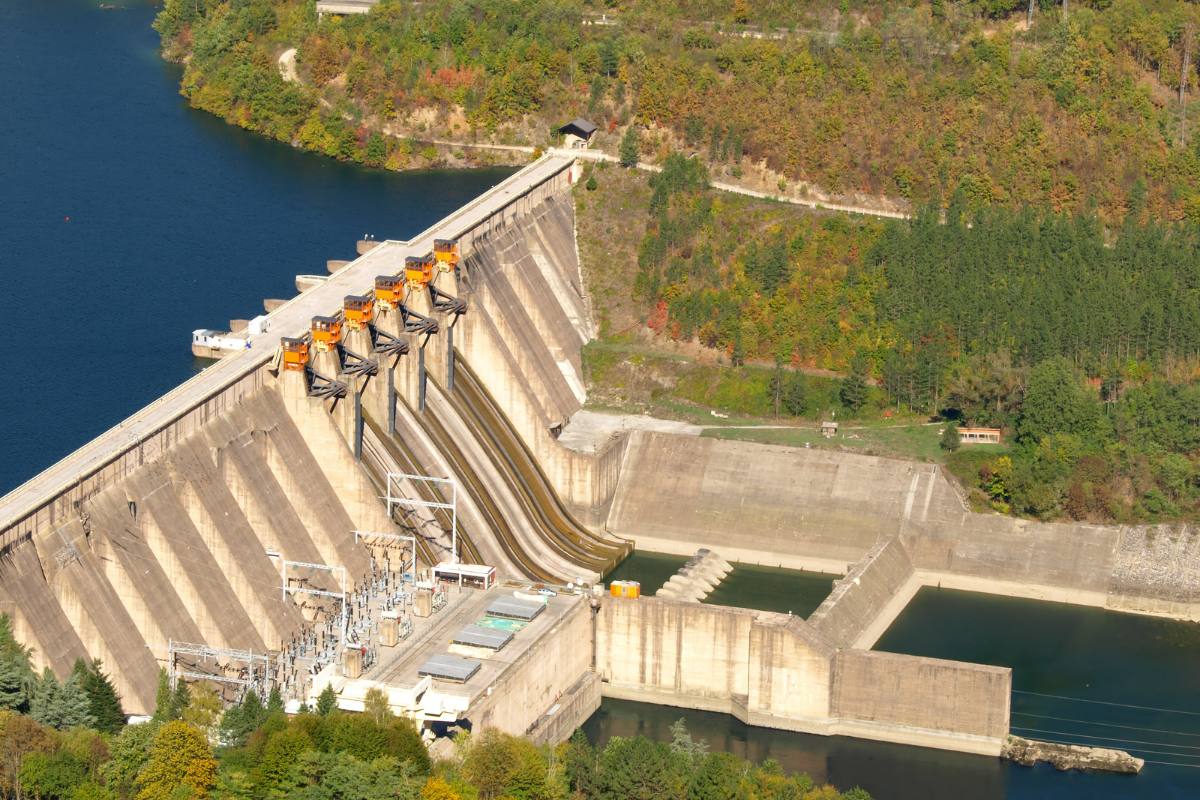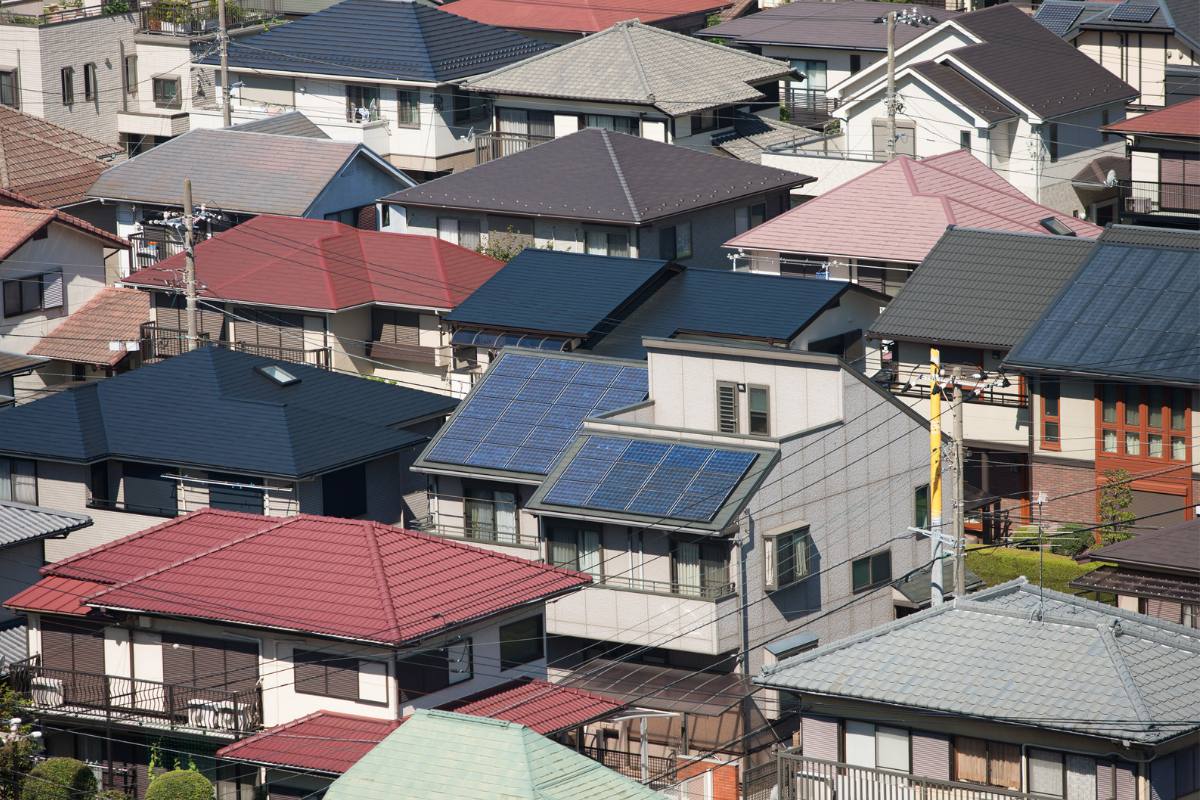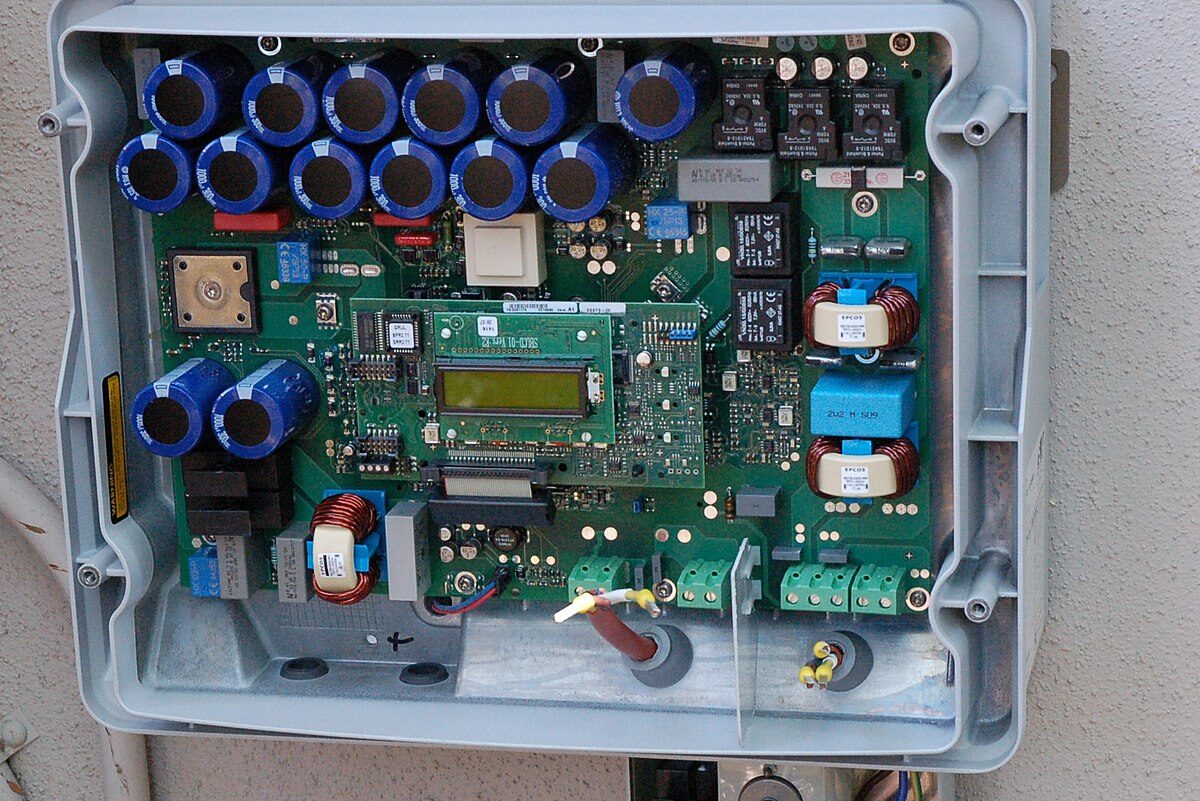Vancouver is a well-known city in the British Columbia region. It’s always in the conversation when the topic is about cities that have predominantly cloudy weathers, which may not be favorable to solar power systems. Does that mean the benefits of solar power can’t be enjoyed in Vancouver? Of course not. On the contrary, Vancouver has a solar irradiance that favors homes that intend to install solar panels on their roofs.
As you read on, you’ll become familiar with the workings of the solar panel system in Vancouver. This knowledge can be vital for you, especially if you’re planning to install a solar system in your home and generate your own power.
What You Should Know About Solar Energy in Vancouver
Below are some interesting facts about solar energy in the city of Vancouver which can give you valuable insights. They include:
- The average house in Vancouver has an energy requirement of 1 MW monthly. This answers how much energy is needed to power the home in this location.
- Vancouver intends to go fully green in its electricity generation in the near future.
- Thanks to BC Hydro (a net-metering program), an average homeowner can earn credits by selling excess solar energy back to the grid.
- The majority of the homes in Vancouver with a roof facing towards the south are capable of generating 900-1000 kWh of electricity from solar panel installation.
The Pros of Installing Solar Panels in Vancouver
Solar power systems come with certain perks and benefits that make them incredibly appealing.
It Makes you Less Reliant on BC Hydro
BC Hydro is the primary utility company in British Columbia which is responsible for electricity distribution to Vancouver and other cities in the region. Since the installation of a solar system means you’ll be able to generate electricity on your own, you won’t need the grid anymore. You could even sell excess solar energy to BC Hydro’s grid and earn credits from it via net metering. In simple terms, the more homes that turn to solar energy, the lesser the reliance of these homes on the grid.

It’s Cost-Effective
This is one of the best perks of having a solar panel system installed in your home. Installing solar panels cost a lot in the initial phase, but you’ll save a lot of money on electricity bills in the long run, and the system pays for itself. The fact that solar systems are low-maintenance and very durable adds to their appeal. With home solar panels, the average home will greatly reduce its energy costs or take it out of the equation.
Eco-Friendly and Clean Energy Production
Although hydroelectric power generation is clean when compared to other means of electricity generation, such as fossil fuels, it still causes some damage to the environment. Solar energy, on the other hand, is both clean and environment-friendly. Simply install the solar panels on the roof and set up the rest of the system, and you’re good to go with enough sunlight. It’s also a quiet means of electricity generation for BC residents.
The Cost of a Solar Power System in Vancouver
There’s no straight answer to this question because it varies based on certain factors, including:
- The energy requirement of the home
- The size of the solar installation
- How much energy do you want to generate (this depends on if you’re installing solar panels as a backup to grid power or as the house’s only source of electricity)
- The roof type
- The setup (with to without solar batteries)
- The solar company
Taking all the above factors into consideration, the average home’s budget for installing solar systems will range between C$15k and C$30k.
How to Determine the Number of Solar Panels
As I mentioned earlier, the number of solar panels you need depends on the home’s energy requirements and other factors, and this will vary from home to home. However, the trick to quickly knowing your monthly energy consumption is by looking at your electricity bill. Also, consider the solar irradiance (the amount of sunlight) in your area as well. For instance, a 10KW solar system for an average home in Kamloops will produce more energy than the same solar panel capacity in a home in Victoria.
The roof tilt also matters because if the roof is facing south, the solar panel array will generate more energy than homes with east or west-facing roofs. Another factor to consider in the sizing of the solar system is the size of the solar panel itself. Panels come in varying sizes (from sizes as low as 100W to 450W). If you’re going for panels of higher wattage, you’ll need a fewer number, and vice versa.
Though there are so many things to consider, the best way to calculate the number of solar panels you need in Vancouver is the home’s hourly energy requirement x peak sunlight hours in Vancouver/panel’s wattage.
To get the hourly energy requirement, get the data on the monthly energy requirement for your home and divide it by 30 days to get the daily usage. Then divide it again by 24.
So let’s say your home consumes 900 kWH monthly. That’s 900/30 = 30kWh for the daily energy requirement. If we further divide it by 24, it will be 1.25 kWh of electricity every hour.
Vancouver has an average of 5 hours of peak sunlight.
For the panel’s wattage, let’s go with 400W.
So the calculation for the panels we’ll need is 1.25 x 5 = 6.25 kWh (6250W)
6250w/400w = 15.6 panels, approximately 16 solar panels.
Please bear in mind that this figure will vary on the panel wattage, peak sunlight hours, and hourly energy usage.
Are there Solar Power Incentives in Vancouver
The short answer is yes. A prominent solar power incentive is the Greener Homes Grant. One of the regions it covers is British Columbia, which means Vancouver residents could be eligible for it. The purpose of this initiative is to fight climate change, create more jobs via the need for energy advisors, and help homeowners save money on solar panel installations.
This incentive was launched by the Canadian government in 2021, and it offers up to $5,000 in grants to help house owners make their homes energy-efficient by retrofitting solar panels with Tesla Powerwall systems to their homes. The criteria for eligibility include a comprehensive pre-retrofit and post-retrofit EnerGuide assessment. The minimum amount is C$5k, while the maximum amount is C$40k with a payback period of 10 years.
FAQs
Q: Does snow in Vancouver affect the output of solar panels?
A: Yes, it does, but the effect is not as significant as you think. According to a study, snow triggers a drop in the panels’ energy output by 2-5% annually, depending on the roof’s tilt. However, this figure can rise to 10% depending on the amount of snowfall and the presence of obstructions such as trees and so on.

Q: How long is the warranty period for solar panels in Vancouver?
A: There are different warranties where solar panels are concerned. The average performance warranty is 25 years, while the product warranty averages ten years. The workmanship warranty averages five years, and the warranty on the inverters, charge controllers, and batteries average ten years.
Q: Should I add my solar panels to my home’s insurance policy?
A: Yes, you should. Although most solar panels are tested for hail and offer your roof reliable protection from it, we still recommend adding your solar system to your home’s insurance policy.



